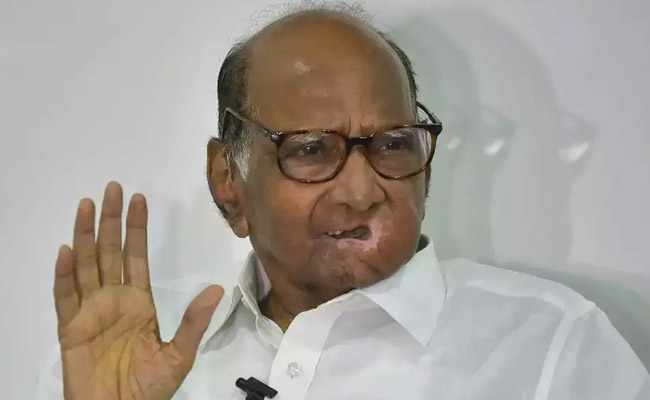
India News

Trends emerging from Maharashtra indicate that the Mahavikas Aghadi alliance is falling behind in the ongoing political race. The results of the Maharashtra Assembly elections, held on November 20, show a substantial lead for the Maha Yuti alliance, with a clean sweep projected. Over 65% voter turnout was recorded across the 288 seats in the state. Under the Mahavikas Aghadi coalition, Congress contested 101 seats, Shiv Sena (UBT) stood for 95, and the Nationalist Congress Party (NCP) under Sharad Pawar fielded candidates for 86 seats. In the ruling Maha Kootami, the BJP led with 149 seats, followed by Eknath Shinde’s Shiv Sena with 81 and Ajit Pawar’s NCP with 59.
It appears that the Mahavikas Aghadi coalition is struggling, likely due to the Congress-led faction losing ground. However, some political leaders in India have risen from humble beginnings to create successful parties. Among these are N. T. Rama Rao, Balasaheb Thackeray, Mulayam Singh Yadav, Karunanidhi, H. D. Deve Gowda, Prakash Singh Badal, and Sharad Pawar. What stands out about these leaders is that their political dominance has often been marred by family conflicts and rivalries.
Sharad Pawar, a prominent figure in Indian politics with a career spanning over five decades, has had an enduring influence. As the founder of the Nationalist Congress Party (NCP), Pawar became a central figure in Maharashtra's political landscape. He first entered the Maharashtra Legislative Assembly in 1967, at the age of 27, representing Baramati. Over the years, he rose through the ranks, serving as Maharashtra's Chief Minister four times and holding key national posts, including Defense Minister and Agriculture Minister, from 1980 to 2014. His tenure as Agriculture Minister was marked by significant reforms in agriculture and food security.
The Thackeray family and the Pawar family have had significant influence in Maharashtra’s political realm, with Shiv Sena leader Balasaheb Thackeray at the forefront. Pawar’s NCP, under his leadership, managed to achieve a major victory in Maharashtra, but struggles ensued in maintaining that success in subsequent elections. In the recent Assembly elections, Pawar’s NCP secured just 13 seats, while Ajit Pawar's faction, with a possible 35 seats, has gained popularity as a true nationalist voice.
Ajit Pawar’s rise in the NCP mirrors his uncle’s journey, despite the family rift. After supporting the BJP in 2014, Sharad Pawar shifted alliances, supporting Uddhav Thackeray in forming the Mahavikas Aghadi. However, in June 2022, Shiv Sena underwent a rebellion, followed by a similar split in the NCP in July 2023, where Ajit Pawar aligned with the Mahakootami alliance.
In a surprising twist, during the 2023 elections, Sharad Pawar made a public declaration that the 2024 elections would be his last, stating that he would step back from parliamentary politics. Despite this, the fallout from his potential exit had little immediate impact on the state elections. Analysts predict that his withdrawal will usher in a new era in Maharashtra’s political arena, offering rising leaders a chance to take the reins.
Sharad Pawar’s departure from active politics has raised questions about the future of the NCP and Maharashtra politics. His long-term strategic influence may end, but his legacy continues to shape the state’s political landscape. His decision to retire could herald a new chapter for the NCP, with younger leaders like his grandson, Yugendra Pawar, poised for a more prominent role.
Advertisment